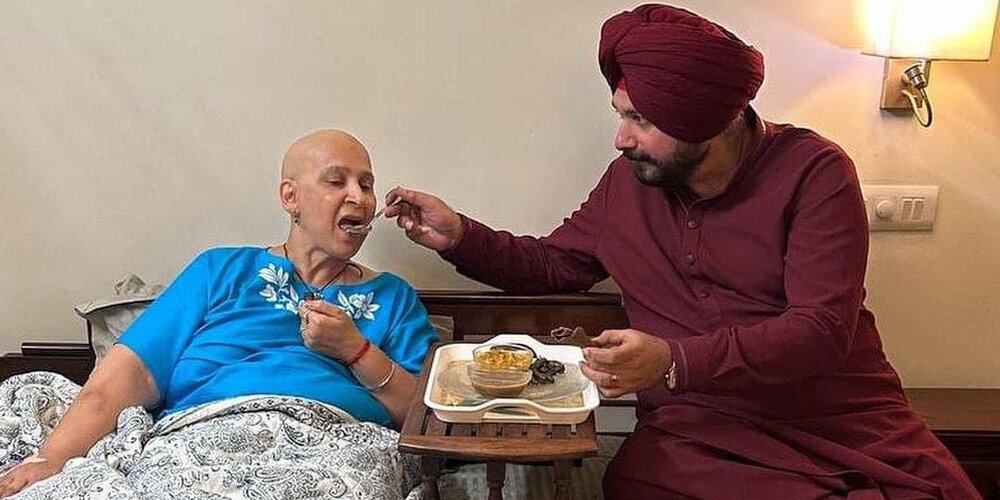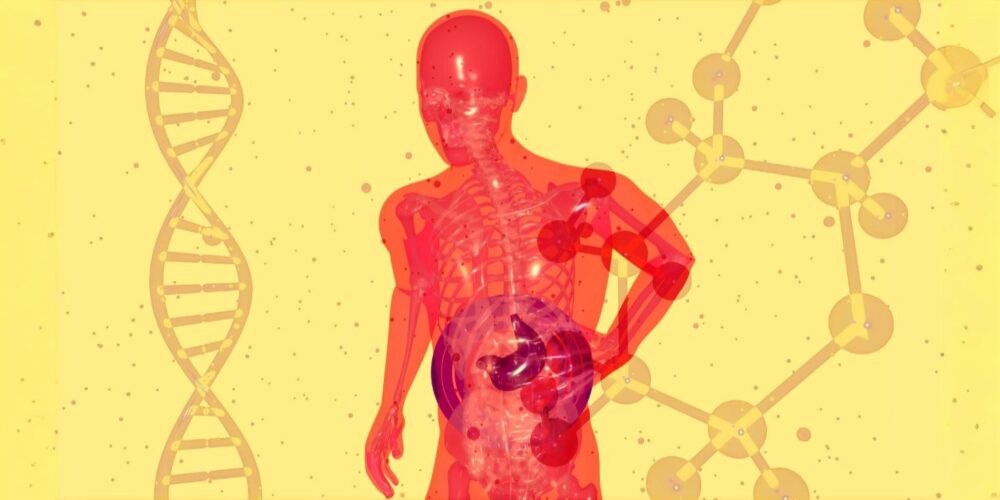FACT CHECK: Industrialist’s viral tweet challenges popular weight loss remedy, experts weigh in
Author
Author
- admin / 12 months

- 0
- 4 min read

Author
Indian industrialist Harsh Goenka has sparked debate over a widely touted weight loss remedy, once again drawing attention to the scientific validity of drinking lemon juice and honey for weight management — a practice that has gained significant traction on social media platforms.
“I was told that if you drink lemon juice with honey every morning for two months you will lose 2 kg weight,” Goenka wrote in a post on X that has accumulated 44,000 views since February 9. “After two months I had lost 2 kg lemons and 3 kg honey.
” The post has since generated substantial discussion about the effectiveness of popular home remedies for weight loss.
The mixture, often promoted as a “natural” solution for weight management, has become increasingly popular across social media platforms, with millions of posts and videos advocating for its daily consumption. However, medical professionals are raising concerns about the scientific validity of such claims.
On Goenka’s post several people have commented about their experiences, one user, Dr Tanmoy Das, emphatically dismisses the remedy’s scientific basis. “Honey and lemon has nothing to do with weight loss – in fact just the opposite! Unless we understand why we gain weight, we can never lose it,” he wrote.

Speaking to First Check, Dr Das, the head of anaesthesiology at Apollo Multispecialty Hospital, Kolkata, explained that there existed many “folklore remedies,” and this lemon-honey concoction was one of them.
“None of these have any basis in science nor do they work,” he said, while adding that honey contains fructose, which can be damaging to the liver when overconsumed.
“Lemon has got no role. It is just a lime juice. It has got nothing to do with weight loss,” he said, emphasising the importance of understanding the fundamental principles of weight gain and loss.
Dr Das, who himself has battled weight gain issues, pointed to more complex factors behind weight gain, particularly chronic hyperinsulinemia, a hormonal condition triggered by excessive consumption of processed carbohydrates. He identified common processed foods, from packaged snacks to seemingly innocent staples like rotis and chapatis, as significant contributors to weight gain in modern diets.
“We live in an environment where we are all the time exposed to what is known as obesogens,” Das said, referring to substances that promote weight gain. The term encompasses various compounds found in processed foods and environmental factors that can interfere with normal metabolic processes.
The prevalence of misleading weight loss remedies has become a growing concern among healthcare professionals. Dr Das highlighted concerns about white oils, which are marketed as heart-healthy but can be inflammatory and contribute to obesity and heart disease. This marketing disconnect, he suggested, is similar to the popularisation of unproven remedies like the lemon-honey mixture.
Dr Das drew from personal experience, describing his own struggle with weight and metabolic issues 12 years ago, during which he encountered numerous traditional remedies that proved ineffective. “I had metabolic issues like obesity, type 2 diabetes and knee joint and GRD and other certain issues, and I came across all of these traditional hacks to cure oneself,” he recalled, emphasising the importance of evidence-based approaches to weight management.
Doctors stress that sustainable weight loss requires a comprehensive approach, including balanced nutrition, regular physical activity, and understanding individual metabolic factors. The viral spread of quick-fix solutions on social media platforms, they warn, can distract from these fundamental principles and potentially lead to harmful misconceptions about health and weight management.
Also read: Explainer: How chewing your food more can aid weight loss – First Check
Do you have a health-related claim that you would like us to fact-check? Send it to us, and we will fact-check it for you! You can send it on WhatsApp at +91-9311223141, mail us at hello@firstcheck.in, or click here to submit it online.










